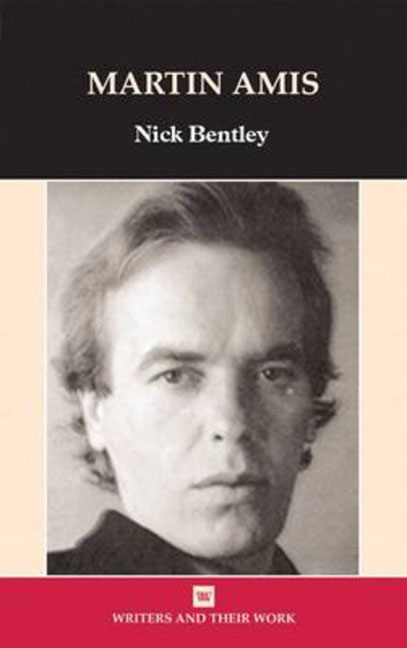Book contents
- Frontmatter
- Dedication
- Contents
- Acknowledgements
- Biographical Outline
- Abbreviations
- Introduction
- 1 Amis and Father: The Rachel Papers and Experience
- 2 Class Acts: Dead Babies and Success
- 3 Metafictional Mysteries: Other People and Money
- 4 Millennial Fictions: London Fields and Time's Arrow
- 5 Mid-Life Crises: The Information and Night Train
- 6 The Wild Dogs: Yellow Dog and House of Meetings
- 7 Cast of Crooks: The Pregnant Widow and Lionel Asbo
- Notes
- Select Bibliography
- Index
4 - Millennial Fictions: London Fields and Time's Arrow
- Frontmatter
- Dedication
- Contents
- Acknowledgements
- Biographical Outline
- Abbreviations
- Introduction
- 1 Amis and Father: The Rachel Papers and Experience
- 2 Class Acts: Dead Babies and Success
- 3 Metafictional Mysteries: Other People and Money
- 4 Millennial Fictions: London Fields and Time's Arrow
- 5 Mid-Life Crises: The Information and Night Train
- 6 The Wild Dogs: Yellow Dog and House of Meetings
- 7 Cast of Crooks: The Pregnant Widow and Lionel Asbo
- Notes
- Select Bibliography
- Index
Summary
‘everything is called Millennium just now’ (LFix)
If Money represents the arrival of Amis as a major British writer, then his next two novels served to cement the reputation, albeit with a certain level of controversy that has become the normal critical response to the publication of a new Amis novel. London Fields and Time's Arrow concern themselves with cultural contexts and anxieties that span the period from the beginning of the Second World War to the end of the twentieth century. London Fields approaches the theme of apocalypse by turning both backwards and forwards from the moment of its publication in 1989. Written during the latter stages of the Cold War, this apocalyptic vision is profoundly influenced by Amis's concerns with nuclear capabilities and a lack of faith he shows in politicians resisting the desire to use them at some point in the future. In this novel, Amis is at the height of his imaginative and stylistic skills, and its complex plot and satirical awareness of both popular and serious literary conventions mark it out as one of his finest novels. Nevertheless, it created controversy mainly due to the accusation that it promoted sexist attitudes to women in the creation of its central femme fatale, Nicola Six. Time's Arrow also courted controversy, mainly with respect to the stylistic attitude the novel takes towards its main subject matter: the Holocaust. The main reason for the criticism related to a disjunction between form and subject matter. Postmodernism, by the early 1990s, was perceived to be an intellectual movement or literary style that tended to be playful, mocking and irreverent toward distinctions between high and low forms: it was a style that was not deemed appropriate for dealing with subjects such as the Jewish Holocaust.1 Nor did the Holocaust seem to be appropriate subject matter for the kind of novel that Amis was at this moment famous for producing. Time's Arrow adopts a narrative experiment that presents the novel's events in reverse order, a technique that produces startling juxtapositions of comic situations with the horror of the concentration camps, often with an unexpected lyrical poignancy.
- Type
- Chapter
- Information
- Martin Amis , pp. 55 - 70Publisher: Liverpool University PressPrint publication year: 2010



